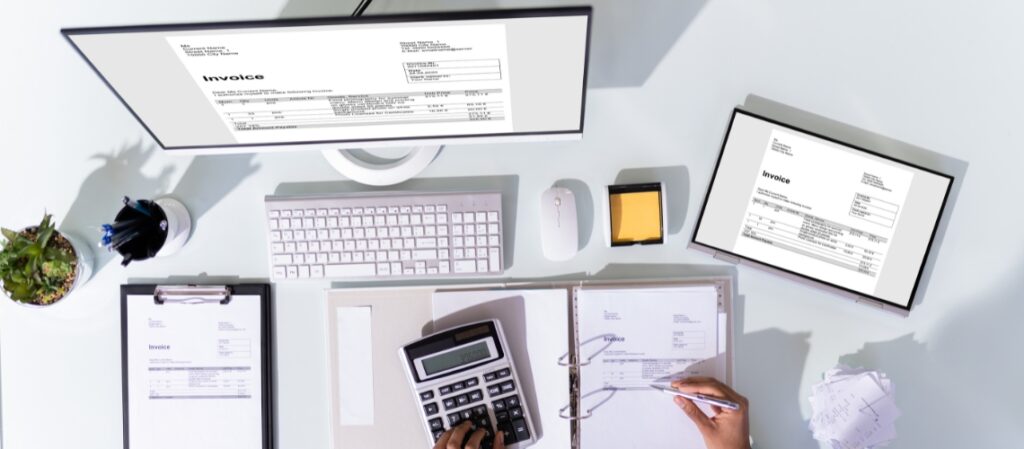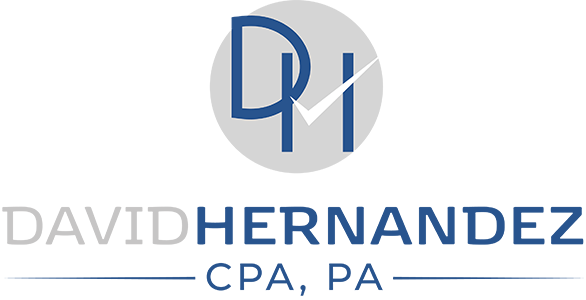
Effective bookkeeping is the backbone of any successful small business. By keeping accurate and up-to-date financial records, you can ensure smooth operations, make informed decisions, and stay compliant with tax regulations.
Here are five bookkeeping hacks every small business owner should know to streamline their financial management.
1. Separate Personal and Business Finances
One of the first rules of bookkeeping is to keep personal and business finances separate. Mixing the two can lead to confusion, errors, and potential legal issues. Here’s how to maintain clear boundaries:
- Open a Business Bank Account: Use a dedicated business bank account for all transactions related to your company. This makes it easier to track expenses and income.
- Use Separate Credit Cards: Have a credit card exclusively for business purchases to simplify expense tracking and ensure personal expenses don’t get mixed up with business finances.
2. Automate Your Bookkeeping Tasks
Manual bookkeeping can be time-consuming and prone to errors. Automating your bookkeeping tasks can save you time and reduce the risk of mistakes. Consider the following tools and techniques:
- Accounting Software: Invest in reliable accounting software like QuickBooks, Xero, or FreshBooks. These programs can automate invoicing, expense tracking, and financial reporting.
- Bank Feeds: Link your business bank account to your accounting software to automatically import transactions. This reduces the need for manual data entry and ensures your records are always up to date.
3. Regularly Reconcile Your Accounts
Account reconciliation is the process of matching your financial records with your bank statements to ensure they are accurate and complete. Regular reconciliation helps you catch errors, detect fraud, and maintain accurate financial records. Here’s how to stay on top of it:
- Monthly Reconciliation: Reconcile your accounts at least once a month to catch discrepancies early and prevent them from snowballing into bigger issues.
- Use a Checklist: Create a reconciliation checklist to ensure you review all necessary accounts, including bank accounts, credit card statements, and loan accounts.
4. Track Expenses Diligently
Keeping detailed records of your business expenses is crucial for accurate bookkeeping and tax compliance. Here are some tips for diligent expense tracking:
- Save Receipts: Keep digital or physical copies of all receipts related to business expenses. Many accounting software programs allow you to attach digital receipts to transactions for easy reference.
- Categorize Expenses: Categorize your expenses as they occur. This makes it easier to generate financial reports, prepare tax returns, and identify potential cost-saving opportunities.
5. Plan for Taxes Throughout the Year
Tax season can be stressful for small business owners, but planning ahead can alleviate much of that stress. Here’s how to stay prepared:
- Set Aside Funds: Allocate a portion of your income each month for taxes to avoid last-minute scrambles for funds when tax payments are due.
- Consult an Accountant: Work with a professional accountant to ensure you are taking advantage of all available deductions and credits, and to get advice on tax planning strategies.
Stay On Top of Your Finances
Effective bookkeeping is essential for the success and growth of any small business. By separating personal and business finances, automating tasks, regularly reconciling accounts, diligently tracking expenses, and planning for taxes, you can maintain accurate financial records and make informed business decisions. To learn about our bookkeeping services click here, or to learn more about the importance of bookkeeping follow this link to EasyBooks.
If you need help achieving your business and financial goals, contact David Hernandez, CPA, PA, today!
